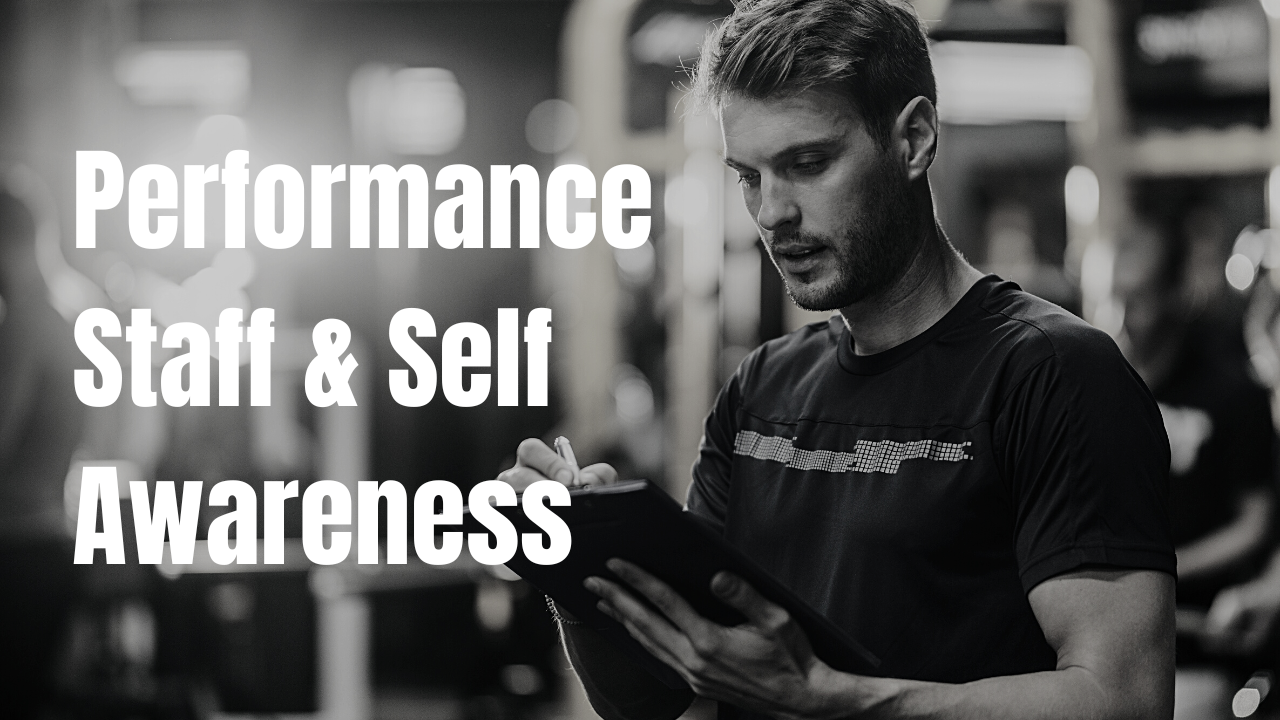
4 Self-Awareness Types in Performance Staff
Sep 07, 2022This is a definition of self-awareness from a man I spoke with recently who is both an academic & performance support in top tier sport:
“To know more about me and the people around me.”
He came to this definition because his partner reflected said to him:
“When you’ve got a lot of stress on at work, it changes you as a person and it affects everyone you interact with.”
Before this, he had only viewed his work stress as his sole problem because he saw it as his stress, his work and he just needs time to complete it.
He had never thought about how that affected the way he interacted and talked with all the other people in his life.
He’s a great man for many reasons, none more so than because he is stepping into a challenging space and truly looking within himself to learn and grow as a man.
He is not alone!
I was unaware of this as well.
And many of the men I’m talking to within my work, courageously open up and share their version of this tale of disempowered unawareness into empowered awareness.
How much energy do you devote to understanding people in your life and how you feel?
If you’re like many of the performance support staff I work with, the most important mental energy you expend every day probably goes to work.
Therefore, what’s left for you and the people in your life is “the poorer quality brain power” - if there is any left!
This means you go days or even weeks without reflecting on how you feel at all.
Below are descriptions of 4 key self-awareness archetypes defined by a recent study out of Harvard.

Internal self-awareness, represents how clearly we see our own values, passions, aspirations, fit with our environment, reactions (including thoughts, feelings, behaviours, strengths, and weaknesses), and impact on others.
The beauty of self-awareness is that it’s not just down to us.
External self-awareness, means understanding how other people view us.
Our environment, including the people closest to us, can hold a mirror up for us to reflect on what they see.
Those of us who know how others see them are more skilled at showing empathy and taking others’ perspectives.
Contrary to popular belief, we do not always learn from experience, that expertise often clouds our ability to see false information, and that seeing ourselves as highly experienced can keep us from doing the work on ourselves - keeping us trapped and unhappy.
- What does self-awareness mean to you?
- Which archetype resonates most with you right now?
The Lost to Liberated Blueprint guides performance support staff into deep layers of personal work & awareness, so they can find their own freedom - whether they stay in sport or create their own exit strategy that is more aligned to their core values.
Book a call to learn how this powerful program can help you!



